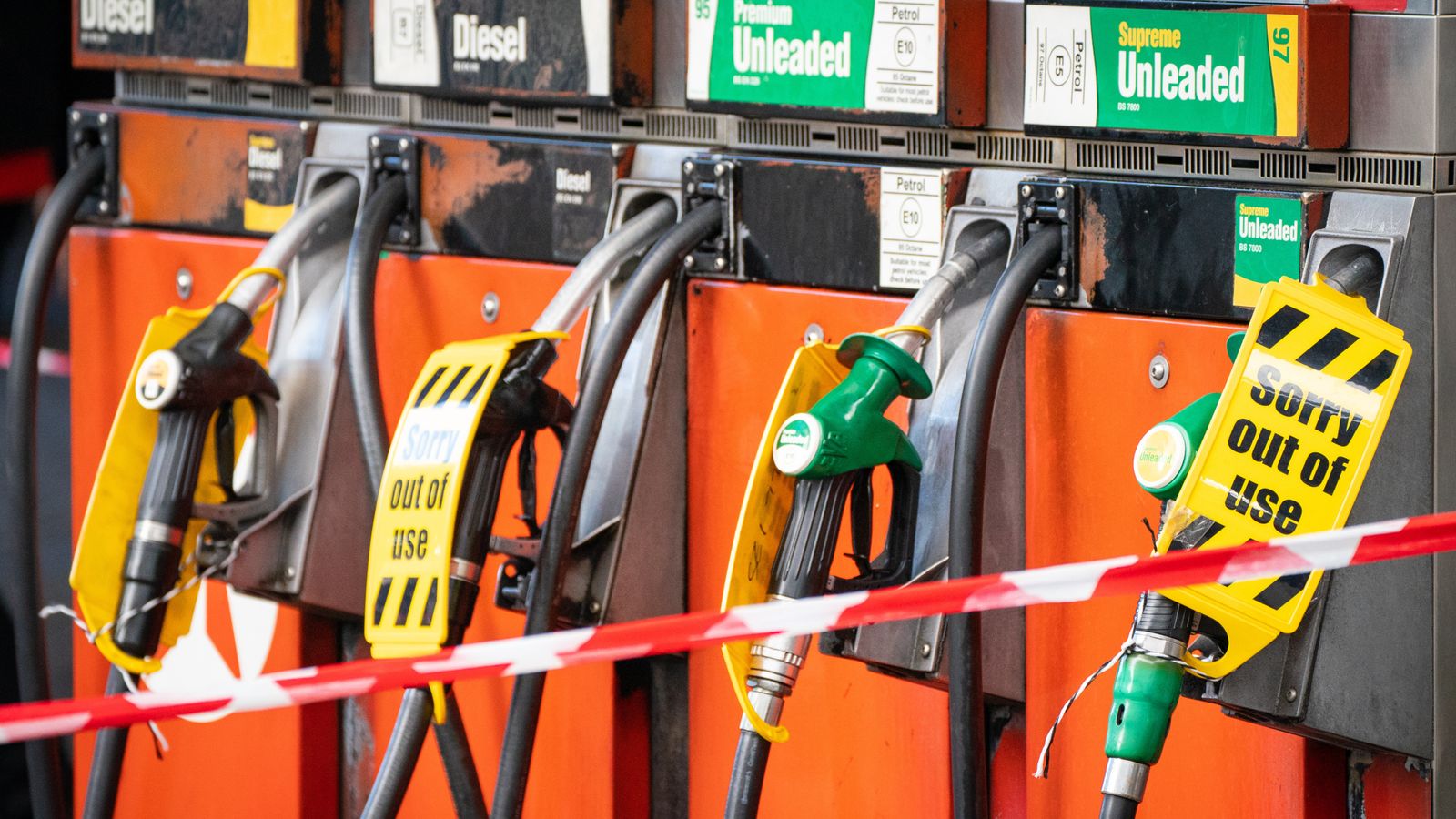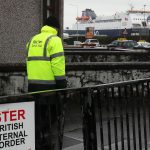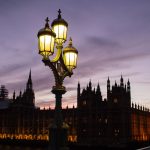Army tanker drivers are to start delivering fuel to petrol stations from Monday in an emergency government move prompted by the continuing crisis at the pumps.
Senior ministers have been alarmed at how slowly the fuel supply disruption is improving, with motorists still forced to queue for hours for fuel after more than a week of forecourt chaos.
Almost 200 soldiers – including 100 drivers – have been training with haulage firms this week, learning how to fill up tankers and petrol pumps, and the first army deliveries will be made early on Monday morning.
Please use Chrome browser for a more accessible video player
Announcing the move, Defence Secretary Ben Wallace said: “Across the weekend over 200 military personnel will have been mobilised as part of Operation Escalin.
“While the situation is stabilising, our Armed Forces are there to fill in any critical vacancies and help keep the country on the move by supporting the industry to deliver fuel to forecourts.”
At the same time, Cabinet Office minister Steve Barclay, who is in charge of the government’s response to the fuel crisis, appealed to motorists to stop panic buying at the pumps
“The government has taken decisive action to tackle the short-term disruption to our supply chains, and in particular the flow of fuel to forecourts,” he said.
Fuel stock levels trending up in all parts of UK, says Business Secretary Kwasi Kwarteng
Fuel crisis: Labour says driver shortages due to government’s ‘chronic lack of planning and sheer incompetence’
Bins left uncollected after HGV driver shortage hits councils
“We are now seeing the impact of these interventions with more fuel being delivered to forecourts than sold and, if people continue to revert to their normal buying patterns, we will see smaller queues and prevent petrol stations closing.”
And despite no end to the long queues at garages in some parts of the UK, particularly southeast England and London, senior ministers still insist the demand for fuel has stabilised.
“Thanks to the immense efforts of industry over the past week, we are seeing continued signs that the situation at the pumps is slowly improving,” Business Secretary Kwasi Kwarteng claimed.
“UK forecourt stock levels are trending up, deliveries of fuel to forecourts are above normal levels, and fuel demand is stabilising.
“It’s important to stress there is no national shortage of fuel in the UK, and people should continue to buy fuel as normal. The sooner we return to our normal buying habits, the sooner we can return to normal.”
But the decision to send in the army came as Rishi Sunak, the chancellor, issued a gloomy warning that shortages of goods could last until Christmas.
“These shortages are very real,” Mr Sunak said in a Daily Mail interview. “We’re seeing real disruption in supply chains in different sectors, not just here but around the world.”
Please use Chrome browser for a more accessible video player
And admitting that families face a “challenging” winter, the chancellor added: “We’re determined to do what we can to try to mitigate as much of this as we can.”
The government’s announcement on sending in the army to tackle the fuel crisis came just hours after it was demanded by Labour leader Sir Keir Starmer.
It also followed a warning by the Petrol Retailers Association, which represents independent garages, that more than a quarter of its filling stations have no fuel.
Calling on Boris Johnson to “take emergency action to get a grip”, Sir Keir also called for extended opening hours for petrol stations to help NHS shift workers and other key workers.
And he urged the prime minister to recall parliament and hold an emergency summit of the road haulage industry, training providers, business groups, government ministers and transport unions to focus on the immediate crisis.
The government says it is already taking a range of measures to ease temporary supply chain pressures in food haulage industries, brought on by the pandemic and the global economy rebounding around the world.
In a further step to manage these pressures in the short term, the government is introducing a scheme allowing fuel tanker drivers and food haulage truckers to work in the UK immediately on a temporary basis.
Under these plans:
• 300 fuel drivers will be able to arrive immediately, subject to immigration checks, and stay to work until the end of March 2022
• 4,700 food haulage drivers who will arrive from late October and leave by 28 February 2022
• 5,500 poultry workers who will arrive from late October and be able stay up to 31 December 2021
The government says these temporary, time-limited visa measures, do not detract from a commitment to upskill and increase the wages of domestic labour, but are in recognition of the extraordinary set of circumstances affecting the stability of the UK supply chain.
Ministers say they want to see employers make long-term investments in the UK domestic workforce instead of relying on overseas labour to build a high-wage, high-skill economy.
In addition to short-term fixes, the government says it is also working with industry to find long-term solutions to the shortage of HGV drivers through improved testing and hiring, with better pay, working conditions and diversity.
To help with recruitment, the government also says it is collaborating with freight associations to drive up standards of lorry parking facilities, helping to make the HGV industry more attractive for prospective drivers and supporting the wellbeing of those currently working as lorry drivers.
Other moves include an immediate increase in HGV testing and new skills boot camps to train up to 4,000 more people to become HGV drivers.






















